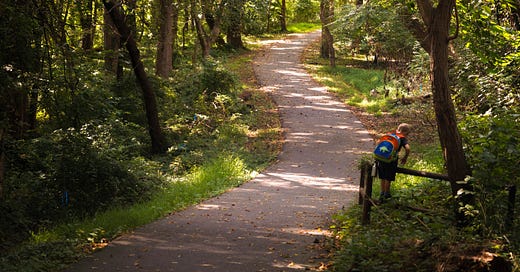Hey everyone, and welcome to all of our new subscribers. Thanks for joining us on this journey into deep discipleship!
A Brief Synopsis (skip down below if you are up to speed)
In this series of posts, we’re exploring spiritual formation, or the lifelong journey to become more like Jesus.
However, Dallas Willard described modern Christianity as “The G…
Keep reading with a 7-day free trial
Subscribe to Soil and Roots to keep reading this post and get 7 days of free access to the full post archives.




